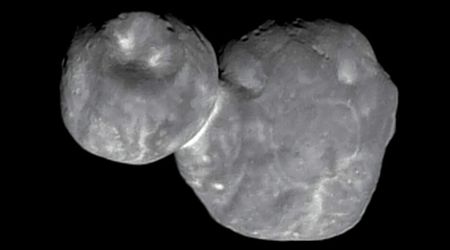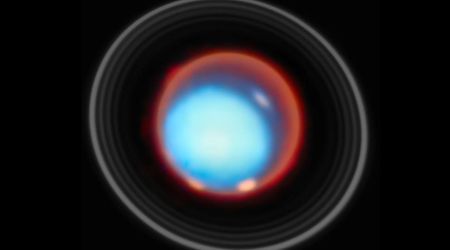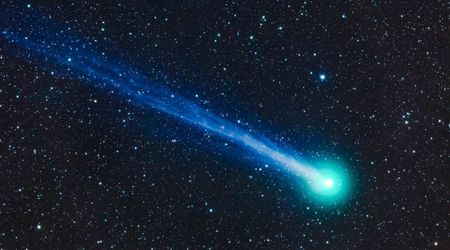NASA indefinitely halts Ax-4 private launch to ISS over persistent air leak in Russian Zvezda module

NASA and Axiom Space have decided to indefinitely postpone the Ax-4 private astronaut mission to the International Space Station (ISS). This delay stems from the discovery of a "new pressure signature" within the Zvezda service module, a section of the station that has been experiencing a persistent air leak since 2019. The agencies did not provide a new launch date for the mission, indicating that further investigation into this development is required before proceeding, as reported by SpaceNews.

The postponement allows NASA and Roscosmos more time to analyze this latest flaw. NASA stated, “As part of an ongoing investigation, NASA is working with Roscosmos to understand a new pressure signature, after the recent post-repair effort in the aftmost segment of the International Space Station’s Zvezda service module.” While NASA did not offer further details about the nature of this new pressure signature, they directed inquiries to Roscosmos, which had not yet commented on the situation, as June 12 was a national holiday in Russia.

NASA reported that cosmonauts had conducted inspections and sealed "additional areas of interest," confirming that the module is currently maintaining pressure. The agency further added, “The postponement of Axiom Mission 4 provides additional time for NASA and Roscosmos to evaluate the situation and determine whether any additional troubleshooting is necessary.” The specific area of concern, a vestibule called PrK connecting a docking port to the rest of the Zvezda module, has been a subject of ongoing worry for years. Notably, a NASA ISS advisory panel highlighted last November that there's a significant divergence in understanding between NASA and Roscosmos regarding the cause and severity of these leaks, with NASA expressing particular apprehension about the potential for a "catastrophic failure" of the vestibule.

The PrK vestibule's vulnerability is further underscored by the operational procedures it necessitates; it is typically sealed off from the rest of the station when not in use for accessing Progress cargo spacecraft, and during periods when it is opened, NASA astronauts take precautionary measures, including closing the hatch between the American and Russian segments. The severity of these issues has also drawn the attention of NASA's Aerospace Safety Advisory Panel, with member Rich Williams labeling the leaks in that vestibule as "one of our highest concerns" at April 17's meeting, per the outlet.
This indefinite delay of the Ax-4 mission by NASA came when SpaceX was ready for the launch, having previously been postponed from June 11 due to a liquid oxygen leak. SpaceX, which conducted a tanking test on the pad on June 12, affirmed in an X post that it would "work closely" with NASA and Axiom Space to identify a new launch window. Kam Ghaffarian, executive chairman of Axiom Space, supported the decisions, stating in a post, “This is the right thing to do for Axiom Space, for NASA, and for our customers. We will continue to work with all of our partners to finalize a new launch date and look forward to flying the Ax-4 Mission soon.”
"We appreciate all the incredible work of our customers, NASA, and SpaceX on this Mission. This is the right thing to do for Axiom Space, for NASA, and for our customers. We will continue to work with all of our partners to finalize a new launch date and look forward to flying… https://t.co/8hLeexNW2W
— Axiom Space (@Axiom_Space) June 12, 2025
Falcon 9 wet dress rehearsal complete. We’ll continue to work closely with @NASA and @Axiom_Space to determine the best launch opportunity for Dragon and the Ax-4 crew to the @Space_Station
— SpaceX (@SpaceX) June 12, 2025
Although NASA had indicated at a June 9 briefing that launch opportunities for Ax-4 were available through the end of June and again from the second week of July, this delay could now potentially impact the schedule for the Crew-11 mission, which is currently slated for launch no earlier than late July. Interestingly, for the now-delayed Axiom Mission Ax-4, the international crew had already selected a plush swan named "Joy" to serve as their zero-gravity indicator, a charming tradition where a small tethered doll floats freely once the spacecraft reaches low Orbit, signifying the crew's safe arrival.









